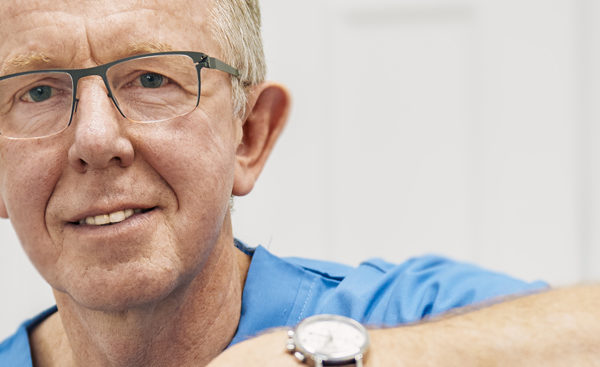The plight of WW1 soldier’s teeth moved Ada Fletcher to set up the Soldiers & Sailors Dental Aid Fund in 1914. Dentists from across the country were recruited to provide the treatment and were paid a nominal fee. Fees included 1/- for an extraction without anaesthetic, and 2/- for an extraction with anaesthetic. Fees for fillings ranged from 1/- to 7/6, and a full upper or lower denture received a fee of 30/- to £2.
There were no shortage of applicants for treatment and by May 1916 the fund had provided treatment for 15,000 soldiers and sailors rendering them fit for service. Two thousand sets of dentures were supplied for a total bill of £6,000.
As the War Office took on responsibility for providing dental services for the forces, the fund re-organised and became the Ivory Cross National Dental Aid Fund in October 1916. Its purpose was to provide dental treatment to discharged servicemen, home army, mercantile marine and necessitous poor (including mothers & children). There was also a provision to educate the public in good oral hygiene.
The fund enjoyed generous support from well respected members of the profession, society and royalty, and lavish dinners and entertainments were organised to raise money. Dental manufacturing companies were also keen to support the fund.
The fund continued to provide valuable treatment throughout the Second World War and finally wound up in 1948 at the start of the NHS having treated 77,000 patients.



